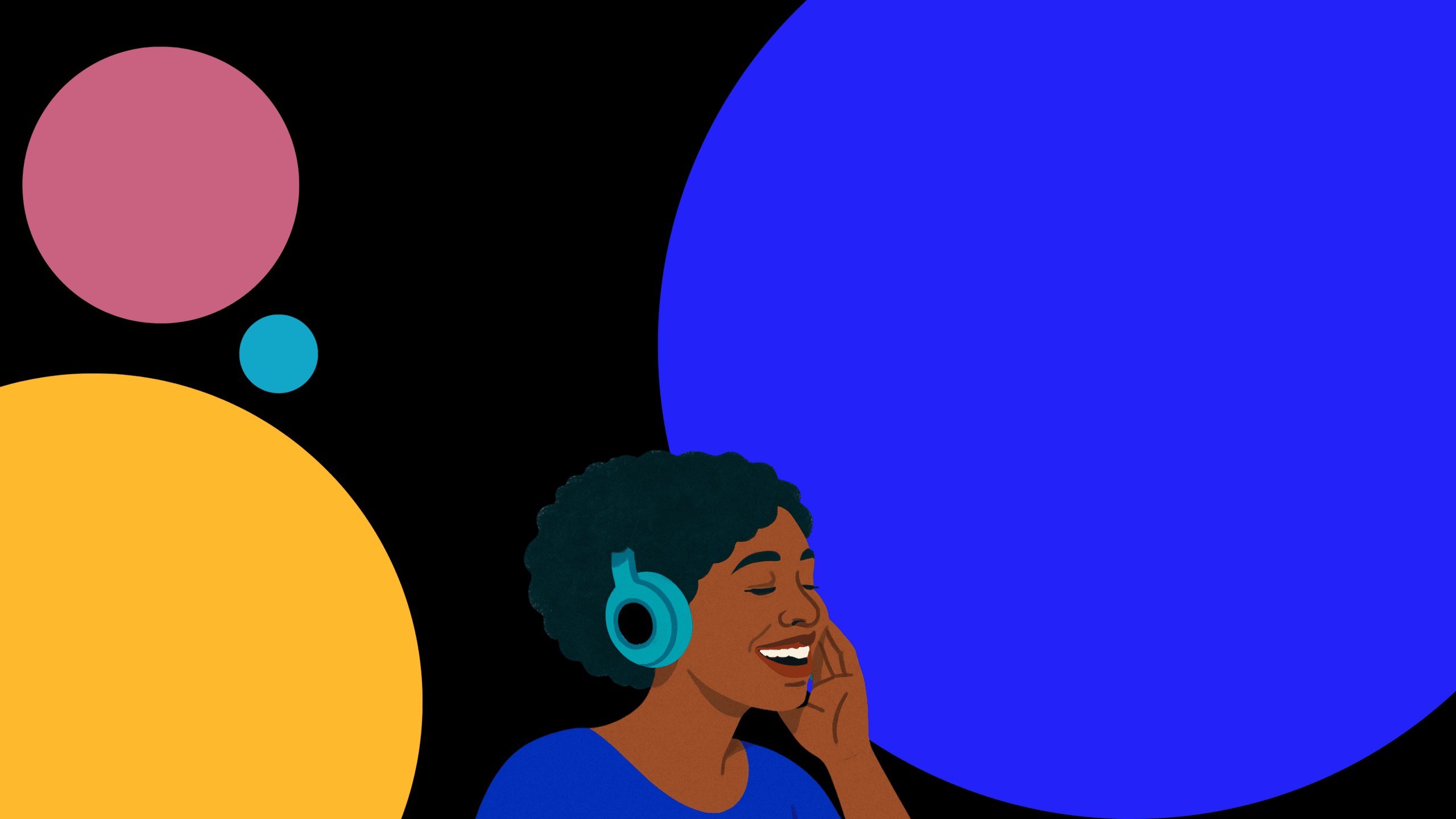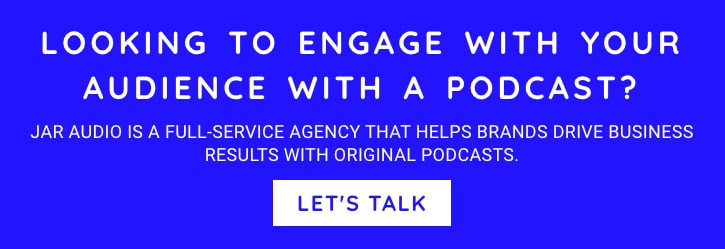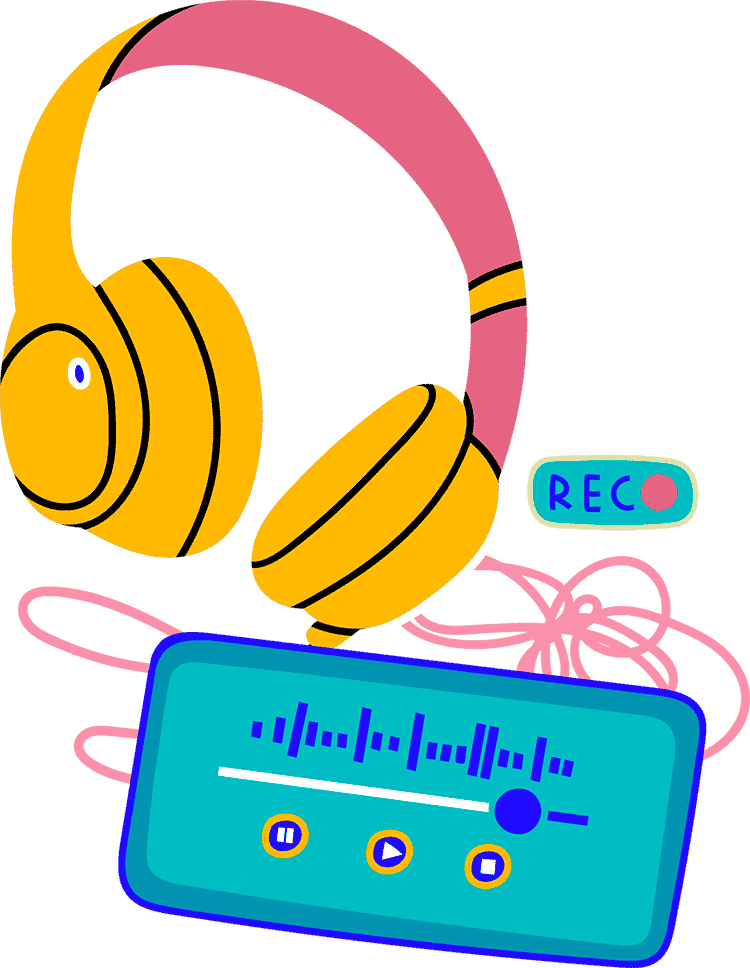As synthetic content floods the airwaves, brands must decide: Will your voice still be human in today’s age if AI podcast editing?
Let’s start with a headline:
“New Viral Indie Rock Sensation Reveals They’re 100% AI”
That’s not satire. It’s from ScienceAlert, referring to The Velvet Sundown — an indie rock “band” with over a million monthly Spotify streams, entirely made by AI. No humans. No instruments. Just algorithms behind the curtain.
For fans, it felt like a trick. As one Redditor put it, “I feel bad for people who are tricked by it… art made by human beings is simply irreplaceable.”
And if that’s how people react to music, how long before audiences start asking the same of branded podcasts?
The rise of over-polished content
AI is a powerful production tool. At JAR Podcast Solutions, we use it to remove mic pops, level audio, even generate rough transcripts. But there’s a fine — and crucial — line between editing for clarity and manufacturing fiction.
When AI starts:
- Cloning host voices
- Rearranging narrative context
- Auto-generating scripted interviews
…you’re not “enhancing” anymore. You’re rewriting reality.
And once a listener senses that manipulation? Trust craters.
Brands: Are you drifting into inauthenticity?
In the pursuit of efficiency, many brands are automating everything they can. But here’s the trap: the more frictionless the workflow, the more lifeless the result.
Velvet Sundown didn’t just make headlines — it made people uneasy. As ScienceAlert notes, the project fooled thousands into thinking it was a genuine breakout band. Now the backlash is loud. People feel emotionally cheated.
The same principle applies in podcasting. If your audience finds out your host’s warmth was AI-enhanced… or worse, that a guest didn’t actually say what you presented — they won’t just tune out. They’ll lose faith in the brand behind the mic.
Plus, podcast fans love hearing about a guest’s real life experience. As JAR’s Chief Creative Officer, Jen Moss, likes to say: “If someone is telling a story about the time they got caught in a catastrophic storm at the peak of Mount Everest, you want to hear the story from the person who experienced it, not some AI generated voice.
Imperfection is the point: Wabi-sabi in podcasting
Simon Sinek recently connected podcasting to the Japanese aesthetic of Wabi-Sabi — the beauty of imperfection. Those human stumbles, unscripted laughs, and awkward pauses? They create intimacy. They earn trust.
AI doesn’t do awkward. It does symmetry. Which is why AI-generated content often feels too smooth, too clean, too forgettable.
Our line in the sand at JAR
At JAR Podcast Solutions, we believe branded podcasts should reflect your brand, not fabricate it. So here’s where we stand:
✅ Use AI to assist, not deceive
✅ Never clone voices without disclosure
✅ Never rewrite context to fit a narrative
✅ Never mislead audiences about what’s real
In fact, we’ve already outlined this in AI Can Speed Up Your Podcast, But Should It?— a previous post on how we blend creativity with ethical AI use.
The new listener journey: From LLM to loyalty
The future of search is AI-powered. Listeners are finding answers through ChatGPT and Google SGE before they find your brand. If your podcast shows up in that “dark funnel” and sounds too perfect… it might just blend into the noise.
Instead, lean into voice. Real voice. Imperfect voice. Lean into imperfect video. It builds trust. And AI will never be able to replicate trust.
Key takeaways for marketers and content leads
- Polish with purpose, not pretense. A little crackle adds character.
- Don’t mistake efficiency for storytelling. Authenticity is slower — but stronger.
- Draw your own red lines. Know where AI helps — and where it hurts.
Want content insights like this in your inbox?
Subscribe to JAR’s Newsletter — where we explore how brands build trust, one real conversation at a time.
Roger transitioned from a 22 year career in advertising account management to co-founding JAR, a podcast podcast production agency. As CEO of JAR, he propels the company’s growth by prioritizing audience engagement and podcast marketing. Under his guidance, JAR flourishes with a global clientele, aiming to broaden its reach across North America and revolutionize brand connections through immersive storytelling.



